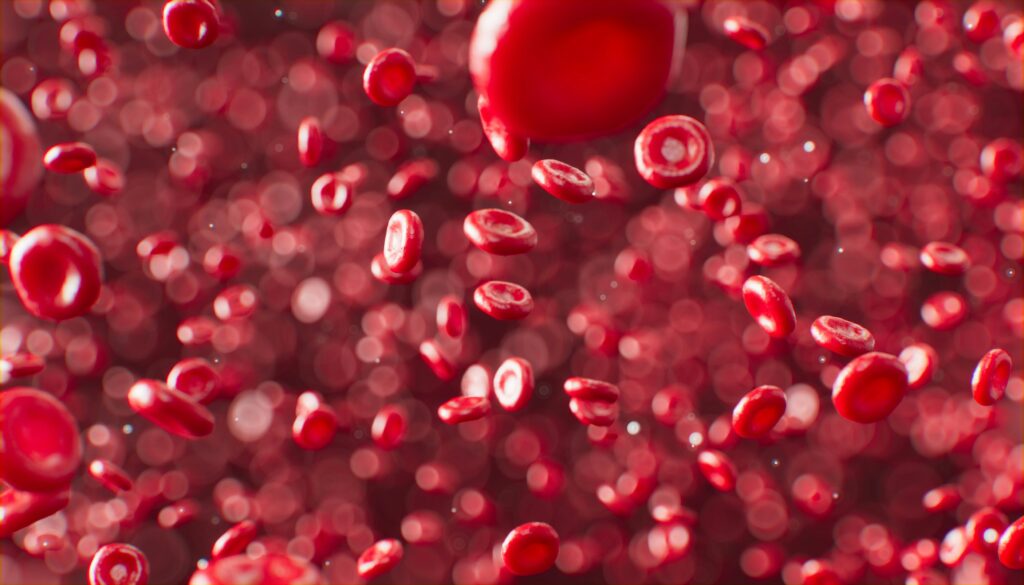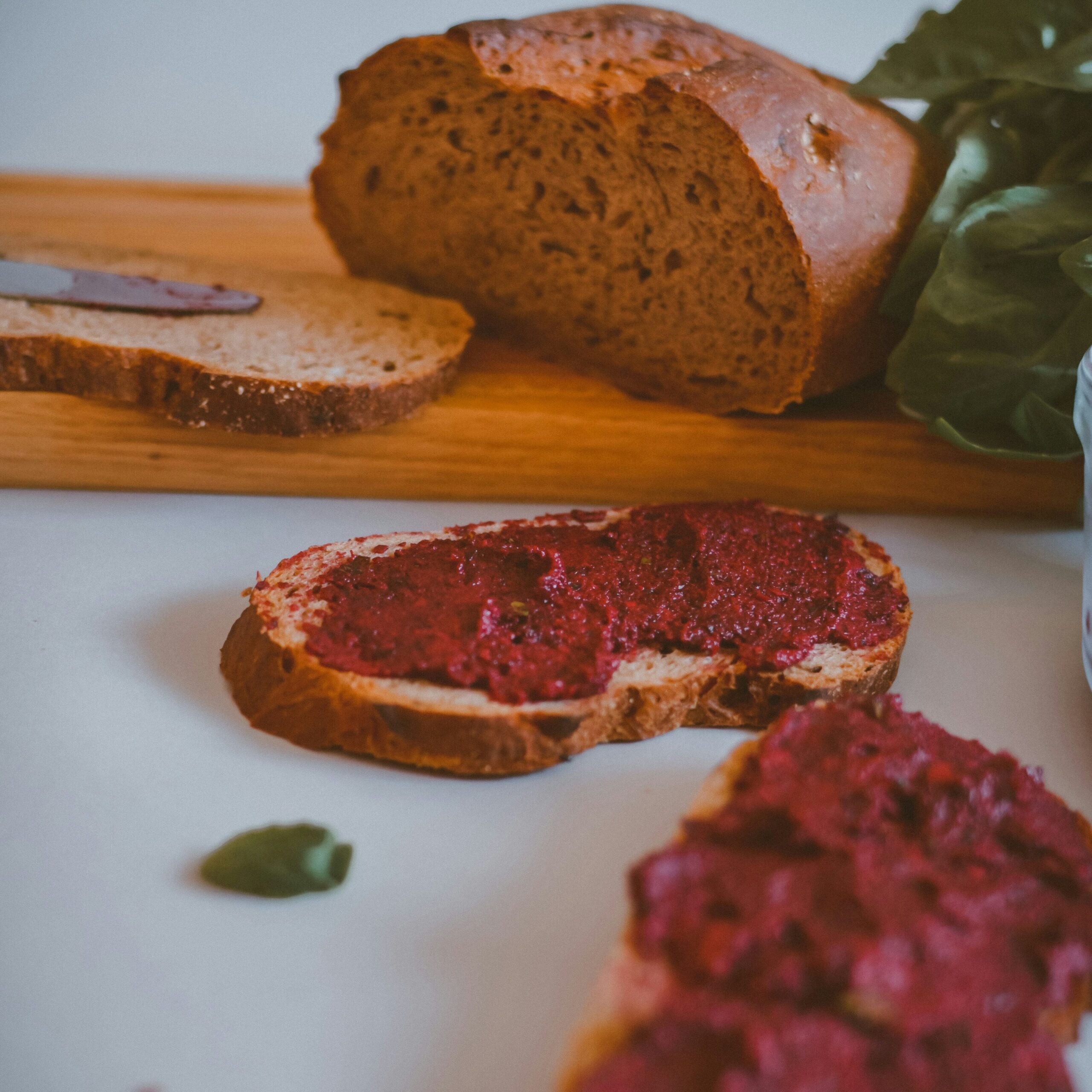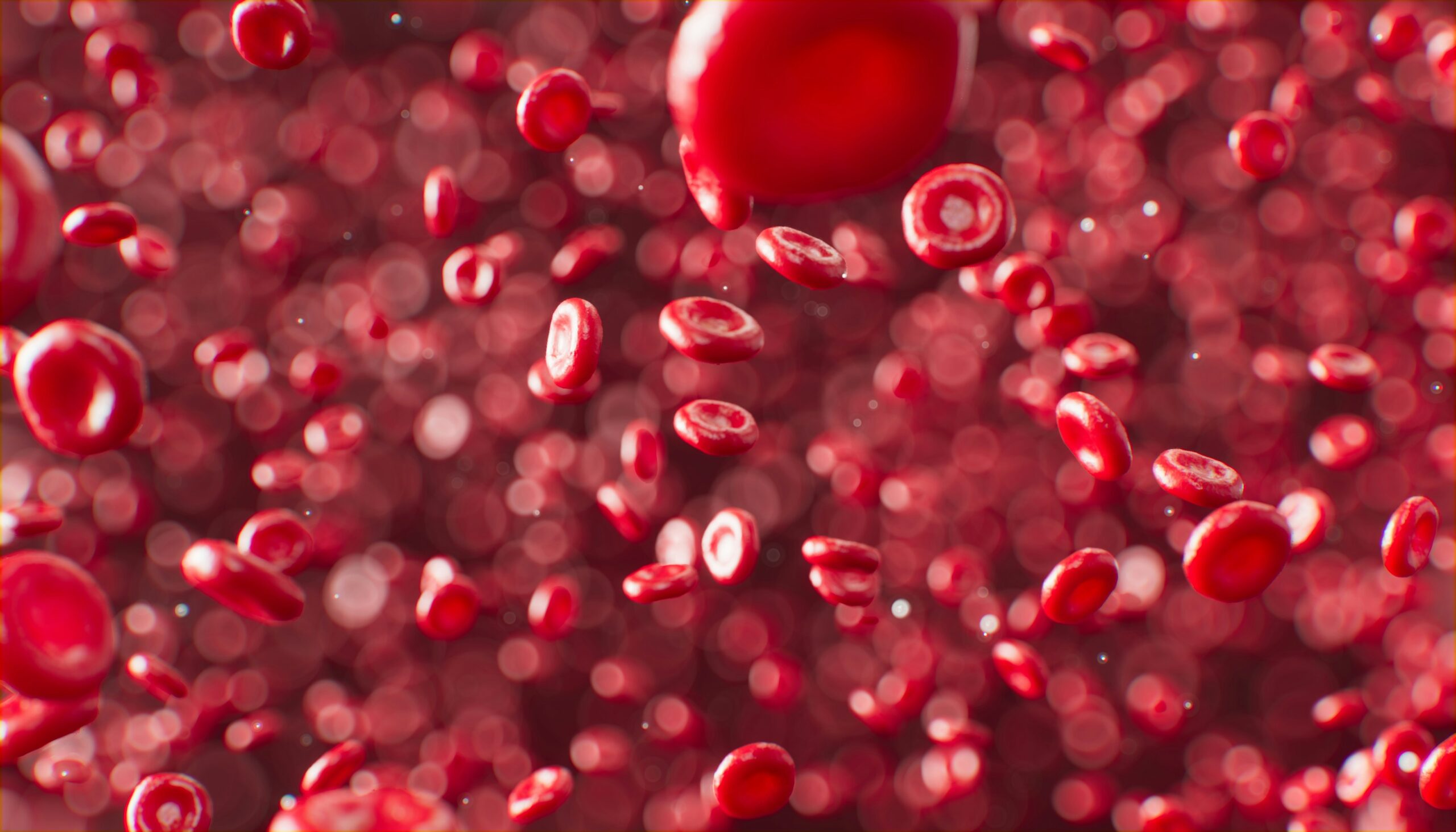Vitamin B12, often hailed as the “energy vitamin,” plays a pivotal role in keeping us energized and healthy related to producing the blood. This essential nutrient is your secret weapon for enhanced vitality and well-being. Join me as we dive into the vibrant world of Vitamin B12 and discover how it can transform your health.

What is Vitamin B12?
Imagine a nutrient so powerful that it jump-starts your day, fuels your cells, and keeps your nervous system in top condition. That’s Vitamin B12, or cobalamin. This water-soluble vitamin is essential for red blood cell formation, nerve function, DNA production, and converting food into energy. Our bodies can’t make it, so we need to get it from our diet—a critical point we cannot afford to overlook.
The Benefit of Vitamin B12
- Creates Red Blood Cells: Vitamin B12 is crucial for the production of red blood cells, which carry oxygen throughout your body. Adequate B12 helps prevent a type of anemia that makes you feel tired and weak by ensuring your blood cells are the right size and shape to transport oxygen efficiently.
- Boosts Energy Levels: This vitamin is key in converting the food you eat into energy. It metabolizes carbohydrates and fats, turning them into glucose—the fuel your body uses to function. This helps you stay energized and alert throughout the day.
- Enhances Brain Function: Vitamin B12 is essential for neurological health. It preserves the myelin sheath that protects nerve cells and supports the rapid and efficient transmission of signals in your brain and nervous system.
- Improves Mood and Mental Health: B12 is involved in the production of serotonin, a neurotransmitter that helps regulate mood. Sufficient B12 levels can enhance mood regulation, potentially reducing the risk of depression and contributing to emotional well-being.

Who is at risk of a Vitamin B12 shortfall?
Individuals who are vegetarians or vegans, as well as those who consciously avoid animal products, can be at risk of B12 deficiency since this vitamin is primarily found in animal-derived foods.
Although our bodies can store Vitamin B12 for a while, we can still become deficient if we consistently omit animal products from our diet. This is particularly true as we age. If you adhere to such dietary habits, consider including Vitamin B12-fortified foods or supplements in your diet.

Ingredients High in Vitamin B12 (per 100g)
- Beef Liver: 55mcg (㎍)
- Chiken Liver: 45mcg
- Pork Liver: 25mcg
- Clams: 23-52mcg
- Oysters: 23mcg
- Sardines: 15mcg
- Mackerel: 13mcg
- Salmon: 7.2mcg
- Squid: 5.0-14 mcg


Daily Requirements and Recommendations
The recommended daily intake of Vitamin B12 varies by age and gender. Generally, adults require approximately 2.0-2.4 mcg per day. Vitamin B12 is stored in the body in significant amounts, unlike other vitamins that are fat-soluble, making consistent intake important to avoid deficiency.
Conclusion
Vitamin B12 is a powerhouse that supports everything from your blood to your brain and mood. Whether you’re eating B12-rich foods like meat, dairy, and fortified cereals, or taking supplements, maintaining good B12 levels is a big part of staying healthy.
